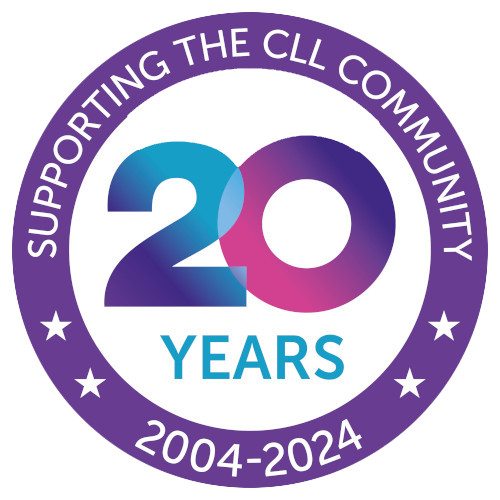
3rd August 2021
We asked two of our leading CLL doctors to give an insight into the working of Multi-disciplinary Team (MDT) meetings.
When treatment becomes necessary, the plan for each patient is discussed at a Multi-disciplinary Team meeting. This brings together the CNS (Clinical Nurse Specialist), Registrars, Doctors and Consultants to ensure that a treatment path is planned, communicated to the patient, and followed. MDTs are held regularly to review and update that path, based on the treatments available.
These meetings are even more important with the introduction of new treatments such as Venetoclax / Obinatuzimab and Acalabrutinib, which have changed the treatment landscape for CLL patients in the UK.
In the resulting discussion between Helen Marr and Piers Patten, we learn more about the impact of these changes, the improvement in outcomes for patients, and the considerations that are applied in the course of an MDT meeting.
Dr Helen Marr is a Consultant Haematologist specialising in chronic lymphocytic leukaemia, lymphoma, and autologous bone marrow transplant. She undertook Specialty Haematology Training in Newcastle and Northern Deanery and completed a PhD in Chronic Lymphocytic Leukaemia.
Helen has worked in the Freeman Hospital, Newcastle as a Consultant since 2017. She is the Chair of the regional haematology MDT and sits on the UK CLL Forum committee.
Dr Piers Patten is a consultant haematologist with a specialist interest in lymphoproliferative disorders.
Piers is based both at King’s College Hospital and Guy’s and St Thomas’, working within the lymphoma service He is a UK trained clinical haematologist and became interested in CLL while completing his leukaemia and lymphoma research (LLR) funded PhD at King’s College London.
Who we are
We are a patient led UK charity, our mission is to support and empower CLL patients, their families and their carers.
Read moreOur 24 hour membership telephone number is: 0800 977 4396
About CLL
CLL is a malignancy of B lymphocytes, one of several types of cells of the immune system.
Read moreAbout CLL
Donate
Donate to support our CLL community
Donate nowHealthUnlocked
Connect to others who understand
Open in a new tab